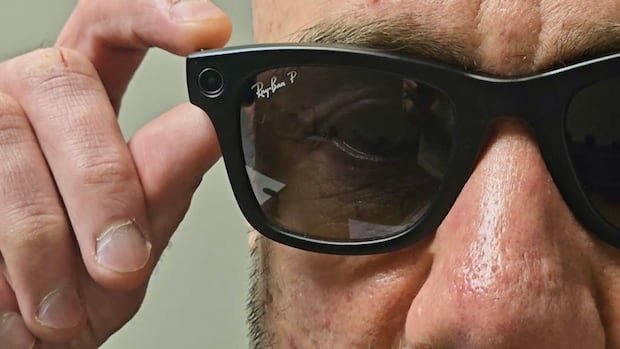Andrew Tutty, a resident of Kitchener, Ontario, used to cherish the freedom of driving wherever and whenever he wanted. However, his life took a turn when he lost his eyesight and, consequently, his driver’s license. This loss of independence hit him hard, impacting simple tasks like cooking and identifying everyday items. Nevertheless, Tutty discovered a glimmer of hope with AI-powered glasses that have become a game-changer for him.
These glasses, originally not designed as accessibility aids, have gained popularity in the blind community for their ability to enhance daily living with increased autonomy. Despite the positive impact, concerns about privacy, security, and data collection have been raised by experts.
By utilizing Meta’s AI-powered smart glasses, Tutty can now easily identify objects like noodles and choose matching clothes based on color. Additionally, he can connect with volunteers through apps like Be My Eyes for further assistance. The glasses have not only increased his independence but are also affordable compared to other vision-assistive devices.
Another user, Emilee Schevers from Hamilton, Ontario, who is legally blind, relies on Meta AI glasses for tasks like checking traffic lights and recognizing colors. These glasses provide her with an added layer of confidence while navigating her surroundings.
However, Peter Lewis, an associate professor at Ontario Tech University, warns about the potential privacy implications of AI-powered glasses. He emphasizes the need to balance independence with privacy concerns, highlighting the importance of relying on reliable tools like walking canes for safety-critical information.
Lewis advocates for the development of assistive technologies that prioritize user needs while respecting privacy rights. He envisions a future where technology seamlessly integrates into users’ lives, providing support without compromising privacy.
